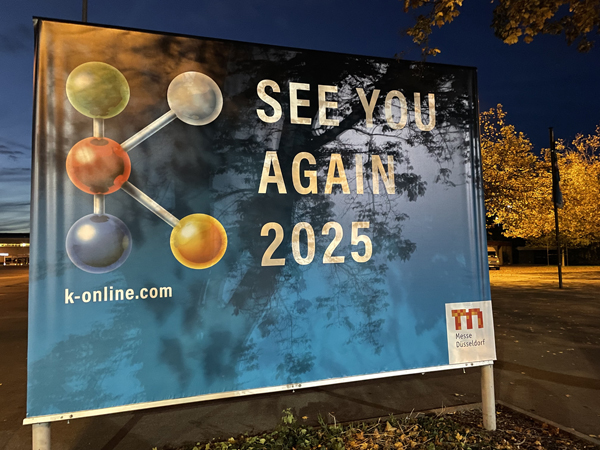High-Tech Showcase for Plastics in Düsseldorf:
“If You Want Success, You Have to Go to the ‘K’”
(mud) – Since its founding year in 1992, WTH GmbH has regularly presented itself with its own booth at the “K” trade fair, held every three years in Düsseldorf. This event is regarded as the largest and most prestigious gathering in the industry. Current managing director Gero Thieme, like company founder Walter Thieme, is convinced: “We’ve always been willing to go to great lengths to participate.”
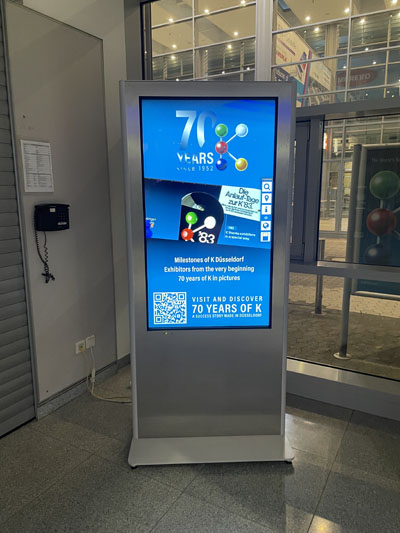
For eight decades, the “K” in North Rhine-Westphalia’s capital has been the undisputed global showcase for the plastics and rubber industry. Since its debut in 1952, it has become the world’s leading trade fair. Gero Thieme states: “It is now the most important meeting point for industry, research, and innovation in this sector.”
What began as a national performance show quickly evolved into an international industry event. In post-war Germany, plastics processing was still in its infancy, yet the demand for new materials for technology, consumer goods, and infrastructure was enormous. The first “Messe K” – then still called the “Kunststoffmesse” (Plastics Fair) – took place in 1952 and met with immediate interest.
Initially held at irregular intervals, the fair adopted a four-year cycle in 1963, switching to a three-year rhythm from 1983 onward – a response to the industry’s accelerating pace of innovation.

“The K fair is more than just a product show,” company founder Walter Thieme recalls. “It is a global forum for technological developments, sustainability topics, digitalization, and the circular economy. Innovations shaping the future of plastics processing are presented here – from bio-based materials to smart production systems.”
According to Gero Thieme, today’s WTH CEO, the K is a central marketplace for companies: “New contacts, global business deals, and insights into market trends make it indispensable.” It also provides a space for discussing the industry’s challenges – such as environmental compatibility, recycling, and regulatory requirements.
The K fair is internationally regarded as both a mirror and a driver of the global plastics and rubber industry. With its long tradition, innovative power, international reach, and well-timed schedule, it sets industry benchmarks. Gero Thieme is confident: “If you want to succeed in this industry, you can’t ignore the K – not now, not in the future.”
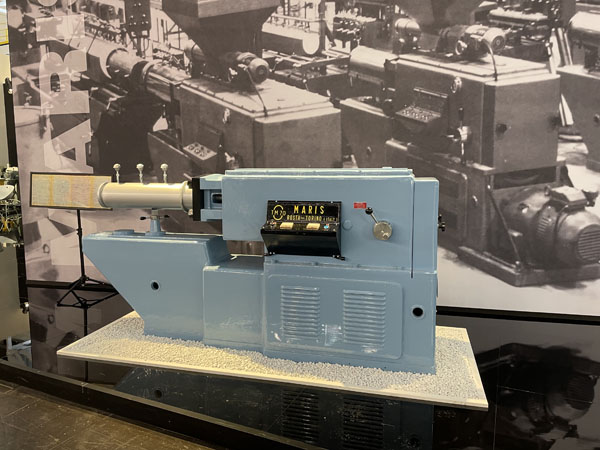
The presence of the rubber industry at the K has declined quantitatively in recent decades compared to the plastics sector. Today, plastics dominate and have gained significant importance worldwide across almost all industries – from automotive and packaging to medical technology.
Founder Walter Thieme has closely observed this development: “The rubber industry is smaller, more specialized, and more consolidated. Many traditional rubber processors have been integrated into large corporate structures or have focused on niche markets. As a result, there are fewer small and medium-sized exhibitors at the K fair, leading to a smaller overall presence.”
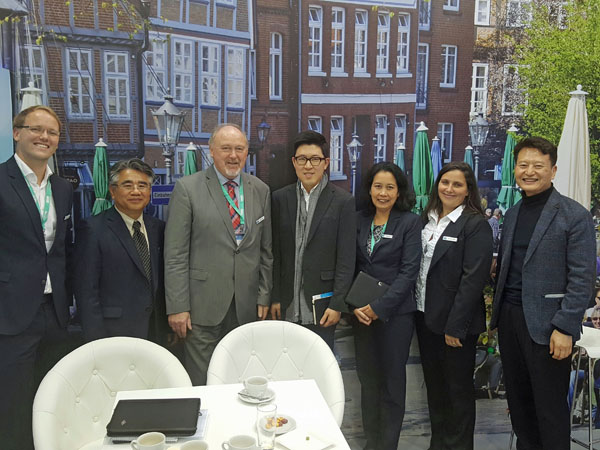
Modern material developments often result in hybrids of plastics and elastomers, reducing the share of rubber in traditional applications. At the same time, rubber-related topics are being increasingly shifted to other, more specialized trade fairs, while the K is positioning itself more and more as a high-tech showcase for plastics.
WTH Managing Director Gero Thieme notes: “The plastics industry is actively using the ‘K’ as a stage for topics like the circular economy, digitalization, and sustainability.”
The rubber industry, which is less visible in these areas, has lost some of its public presence. This is also reflected in the exhibitor and visitor structure. However, the quantitative decline of rubber at the K is not a sign of weakness, but rather a reflection of strategic specialization and market development.
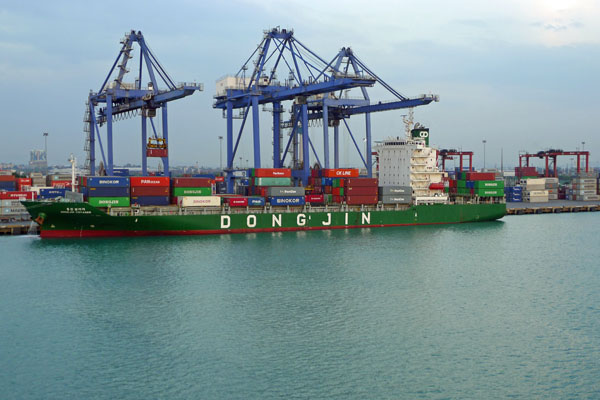
While the plastics industry dominates and grows, the rubber sector remains more present than often assumed – though in a more compact form. Gero Thieme: “For our company, which serves both material groups, this means that focus and flexibility are crucial to remain successful in an evolving trade fair environment.”

